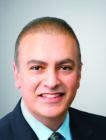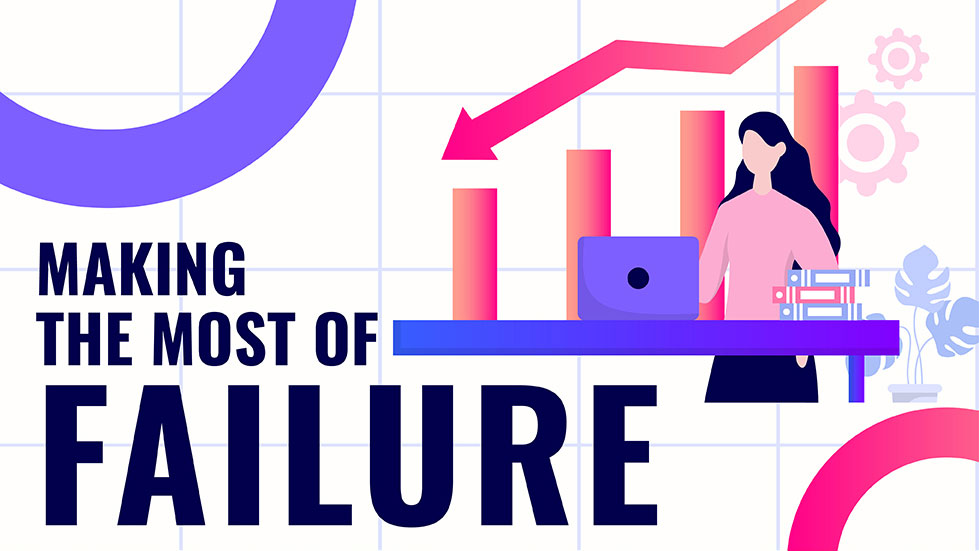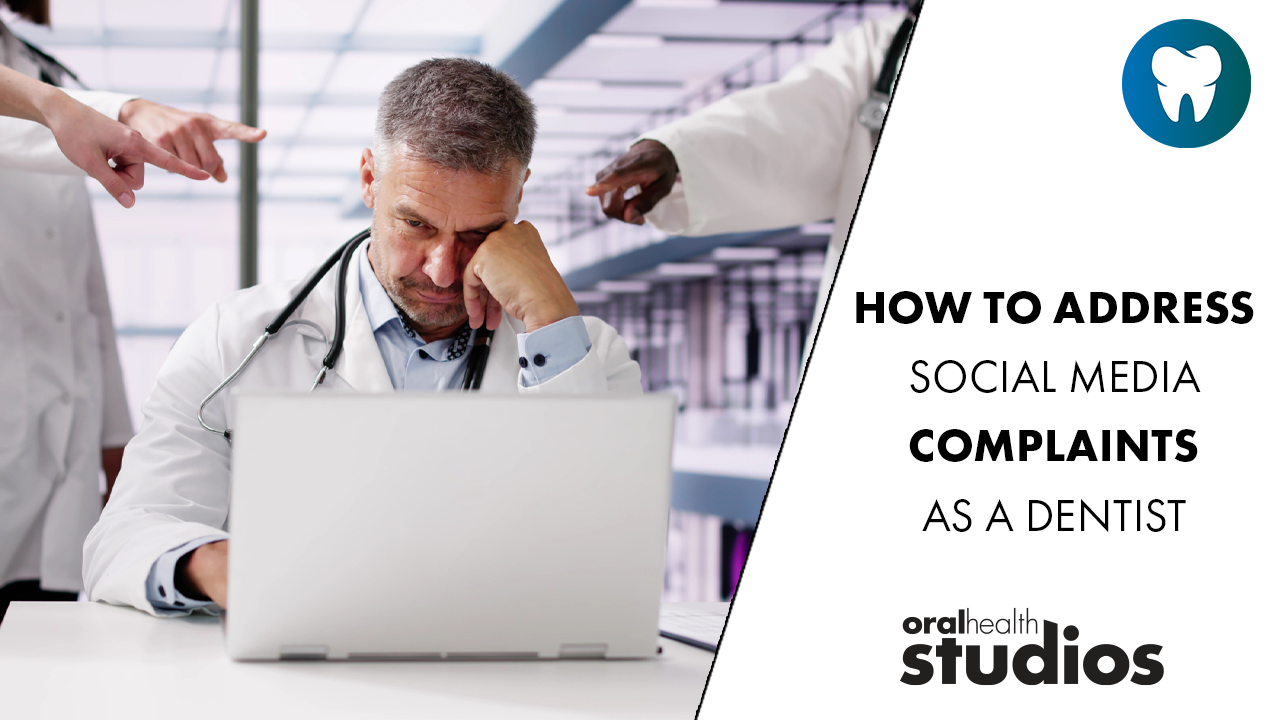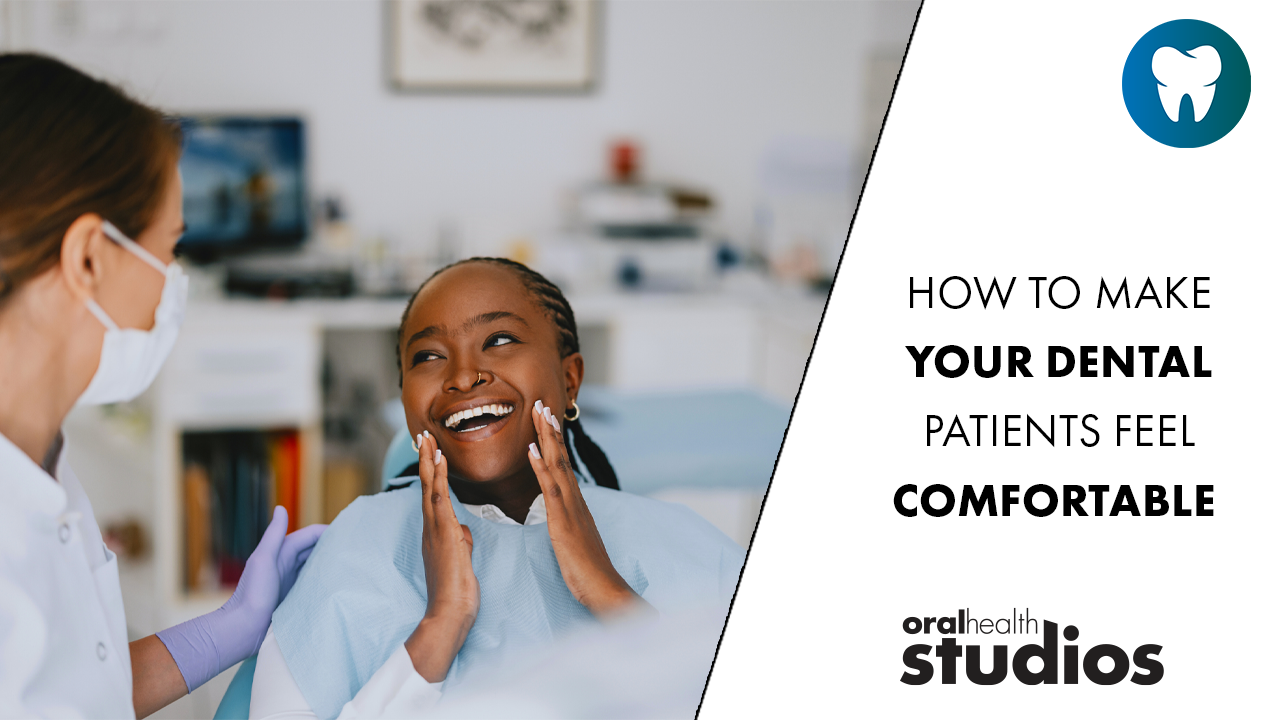
“Teamwork makes the dream work.”
– John Maxwell
Dentists practice in varied settings. They could be in the community or hospital, general or specialty, or individual or group practices. Regardless of the setting, each of us is called on to make decisions on the fly, manage complications, and deal with what may come, usually in real-time. Making each of us “solo” practitioners, even if temporarily. This level of responsibility is attractive to most of us; we become the go-to person, the one in charge. This empowerment also spills into the mix of cases and procedures that we seek to tackle and maybe eventually master. After all, an integral part of being a dentist is continually learning and improving.
We live in a wonderful age where technology is advancing at a break-neck pace. This includes dentistry. These advances somewhat level the playing field. Some of the procedures that were the domain of a select few are now available to many. One just needs to walk into any dental convention exhibit floor to see that there is no shortage of new technology, equipment, and support services that promise each one of us that we can, in fact, do it all. This energizes and excites most practitioners since they would be able to provide so much more to their patients, all under one roof.
As part of my 30th dental class reunion at Tufts University in Boston this past April, I attended a very interesting lecture by one of the rising stars of Periodontics, Dr. Irina Dragan, titled “Unlocking the Potential of Collaboration: A patient-centred approach.” What made this talk memorable wasn’t necessarily the complexity of the patients (even though they posed real-world challenges) but rather how each case was treated and presented.
Dr. Dragan is quite eloquent and accomplished, yet she graciously shared the stage with three dental students to present the cases. In essence, the headliner of the lecture became part of a team. The students, in turn, engaged all of us, the audience, asking how we would treat the patients. It was interesting to see how each of us voiced our thoughts based on our clinical experiences and biases. But it was also fascinating to see how our mindset changed as we listened to and learned from each other and became a team!
Although all the cases were different, the central message of each one was the same: how best we – dental providers and the support team – could come together to do what is best for our patients. The cases called on general practitioners, specialists, and lab technicians’ expertise. However, other experts, including nutritionists and psychologists, provided additional support. What became quite apparent was that by collaborating and putting the patient at the centre of the discussion, not only was the level of care exponentially higher, but patient and provider satisfaction was also noticeably higher.
Teamwork in dentistry is not only limited to clinical settings. A prime example of this is the recent efforts on the Canadian Dental Care Plan. The collaborative advocacy by all provincial and territorial dental associations, including our own Ontario Dental Association and individual dentists, has been instrumental in ensuring an effective and fair plan is implemented. Even beyond our clinics’ walls, this teamwork still benefits our patients and fellow citizens. It also helps us build bridges with other organizations.
As I am passing the midpoint of my career and becoming a bit more contemplative, I have started to question things more (better late than never, I guess). The question that comes to mind is not:
Can I do it all by myself?
But rather… why should I?
 About the Author
About the Author

Dr. Keyvan Abbaszadeh is an oral and maxillofacial surgeon in group practice at Interface Surgery Centre in London, Ontario. Keyvan is also an adjunct professor at the Schulich School of Medicine and Dentistry at Western University. He is a Diplomate of the American Board of Oral and Maxillofacial Surgery and an examiner for the Royal College of Dentists of Canada. Keyvan can be reached at kabbaszadeh@interfacesurgery.ca











